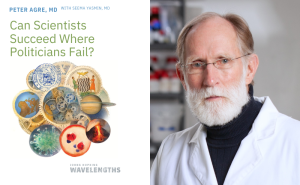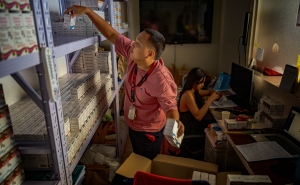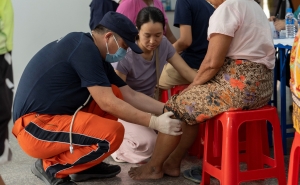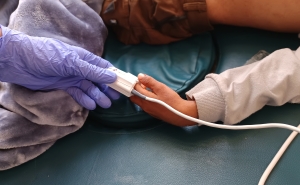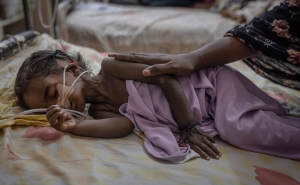New Project: Mobile App to Help Increase Healthy Options in East Baltimore Corner Stores
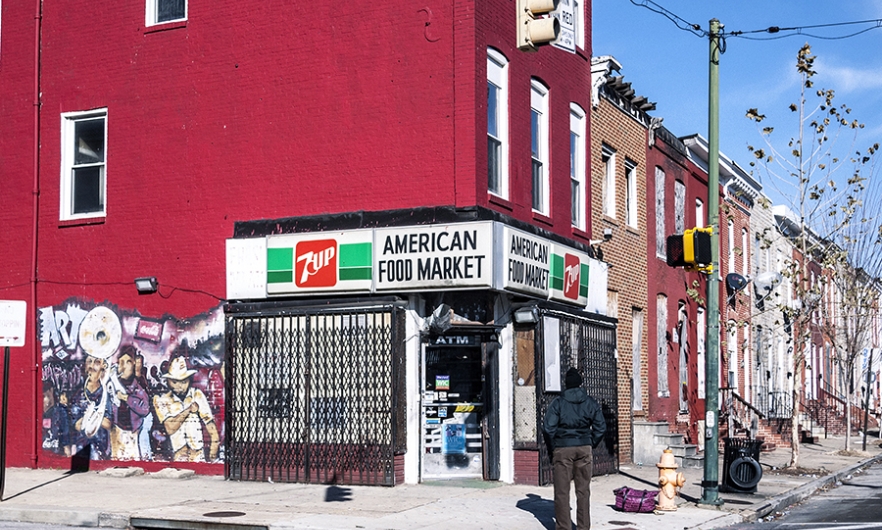
A new app developed by faculty and students at the Johns Hopkins Bloomberg School of Public Health aims to increase access to healthy foods available at local corner stores in East Baltimore. Many East Baltimore neighborhoods, like scores of others across the city, are “food deserts”—areas with little access to affordable healthy foods, in which community members are low income and have limited access to transportation. Researchers hope greater access to healthy food will contribute to improvements in diets and diet-related health outcomes of individuals in the community. The project is led by Joel Gittelsohn, a professor in the Department of International Health’s Human Nutrition program at the Bloomberg School. The app is set to be introduced into local corner stores later this year.
What is it?
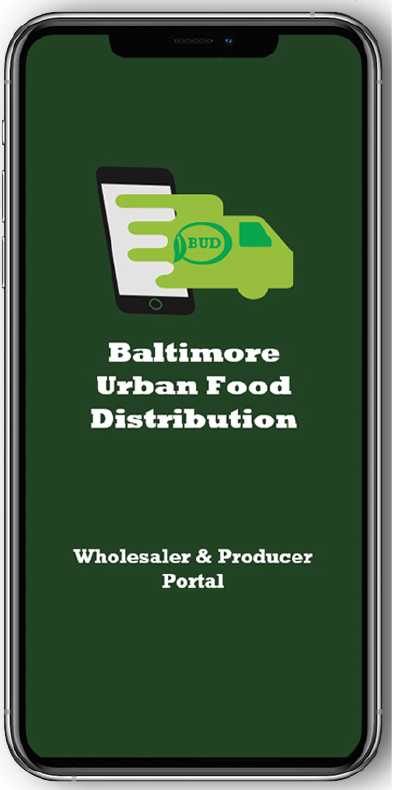
The Baltimore Urban food Distribution (BUD) application—possibly one of the first true food systems interventions—will help corner store owners purchase affordable healthy foods from local wholesalers, thereby making the cost of stocking healthy options more financially advantageous. By providing a financially sustainable alternative to increasing healthy food options, local customers in food deserts will have greater access to fresh produce, low-sugar beverages, whole grain foods, and low-fat snacks.
How does it work?
The BUD app works by connecting local corner store owners with local farmers and wholesalers to purchase goods. The app will eventually include all products that store owners might typically purchase but will offer discounts and incentives for ordering healthy options. Providing an accessible and targeted food distribution system for healthy choices is key to getting more fresh options into local communities.
A special feature of the BUD app is what researchers are calling the “BuddyUp” feature, which uses collective purchasing allowing store owners to partner with each other to buy and coordinate deliveries of healthy items in bulk at an even more reduced price.
What is the end goal?
Researchers anticipate that with the implementation of the app into the community there will be an increased stock of affordable healthier foods resulting in greater healthy food access and ultimately, potential improvements in the health outcomes of the community. After the project is piloted in the East Baltimore community, researchers believe the application can be further developed for use in other urban and rural areas across the U.S. that also experience gaps in healthy food distribution.
Faculty and students contributing to the app’s development also include:
- Emma C. Lewis
- Nina M. Martin
- Siyao Zhu
- Lisa Poirier
- Samantha M. Sundermeir
- Alain B. Labrique
- Takeru Igusa
- Antonio J. Trujillo
To learn more, read The Baltimore Urban Food Distribution (BUD) App: Study Protocol to Assess the Feasibility of a Food Systems Intervention, published in July by the International Journal of Environmental Research and Public Health.

